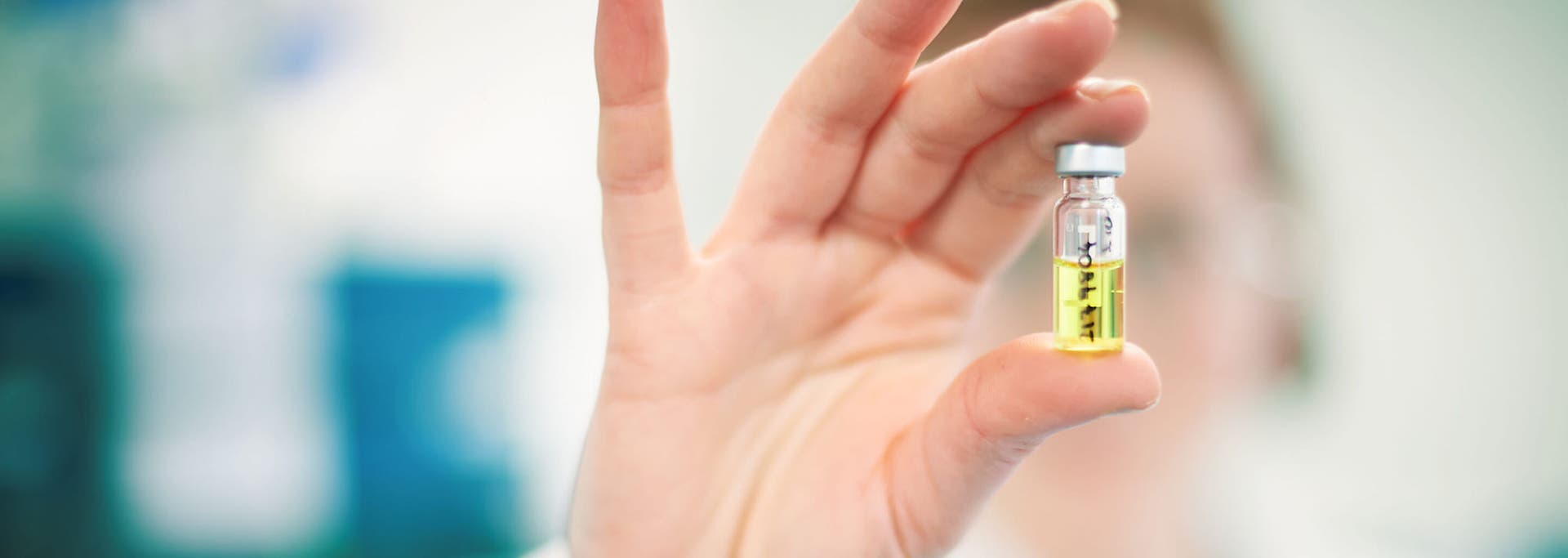Monitoring of food for natural toxins is crucial to determine safe levels, geographical variations, and trends over time.
Learn how SCIEX can help.
Monitoring of food for natural toxins is crucial to determine safe levels, geographical variations, and trends over time.
Learn how SCIEX can help.

Natural toxins are synthesized by bacteria, fungi, plants, or animals and are classified into different categories based on the organisms that produce them. Various of these biotoxins can contaminate food at different stages of production, from cultivation and harvesting to processing and distribution. International organizations and regulatory bodies share information and harmonize standards to monitor and address global trends in natural toxin contamination that may impact food safety. Marine biotoxins, mushroom toxins and different classes of alkaloids like pyrrolizidine alkaloids and tropane alkaloids are among the most tested subgroups of natural toxins in food safety that are detected with LC-MS.
SCIEX provides proven and robust technologies and support for fast and accurate detection of natural toxins. The SCIEX Turbo V ion source design provides high ionization efficiency and outstanding contamination resistance, ensuring high sensitivity, stability and reproducibility during routine analysis of large batches of samples. Challenging isomer separation can be overcome with optional ion-mobility technology for triple quadrupole systems.
Countries have specific regulations for food safety that can differ. Some selected regulations are:
Alkaloid Testing
Pyrrolizidine alkaloids are a collection of several isomeric substances, some of which cannot be separated by chromatography or mass spectrometry alone. A method has been developed for the sensitive quantification of pyrrolizidine alkaloids, which are relevant for the analysis of herbal and tea extracts, using SelexION Technology to distinguish between isomeric compounds.
Alkaloid testing highlighted workflow
Overcome challenges from isomeric compounds with integrated MS technology.
Delivering the perfect balance of speed, performance, and sensitivity for your most challenges analytes.
The SCIEX SelexION differential mobility separation device (DMS) provides an extra level of selectivity so you can resolve difficult analytes and achieve higher confidence in detection and quantitation.
Featured natural toxins testing resources
Technical note
Detecting 14 paralytic shellfish toxins on SCIEX QTRAP® 6500+ System
See how a HILIC column solved the separation challenge of these polar compounds.
Technical note
An accurate and sensitive method for the quantification of 33 pyrrolizidine and 21 tropane alkaloids in plant-based food matrices
In anticipation of coming legislation, a sensitive and robust analytical method will be required to meet the increased need for routine testing of plant-derived food and commodities.
Technical note
Rapid determination of Aconitum alkaloids in adulterated spice powders
A rapid dilution approach and LC-MS/MS that achieved sub- to low-ng/g MDLs for the analysis of 6 Aconitum alkaloids in spice powders.
Technical note
Quantification of psilocybin and psilocin in mushroom by LC-MS/MS
Limits of detection below 1 ppb in mushroom extract. Reproducible quantitative results with a fast analysis time of 5 minutes. Simple dilute and shoot sample preparation.
Technical note
Simultaneous quantitation and identification of 6 mushroom toxins in poisonous mushrooms using the SCIEX 5500+ system
Based on the comprehensive information from MS/MS spectra, a dedicated standard library for mushroom toxins was established.
Article
Evaluation of the prevalence of Paralytic Shellfish Toxins in non-traditional vectors and potential health risks associated to their consumption
The aim of this study is to estimate the prevalence of PSTs across species from eight marine invertebrate groups and fish in Galicia (NW Spain). In total, 533 invertebrates (echinoderms, gastropods, cnidarians, crustaceans, cephalopods, polychaetes, tunicates, porifera and bivalves) and 96 fish samples were collected between April 2021 and September 2023 and analysed using both LC-FLD and LC-MS/MS methods.